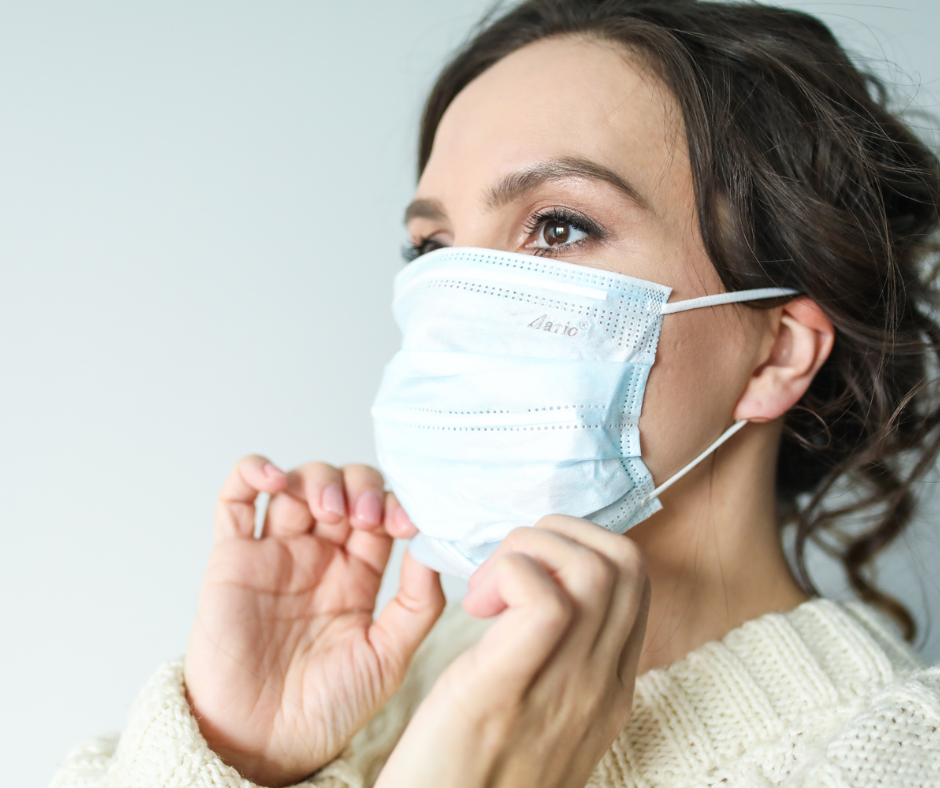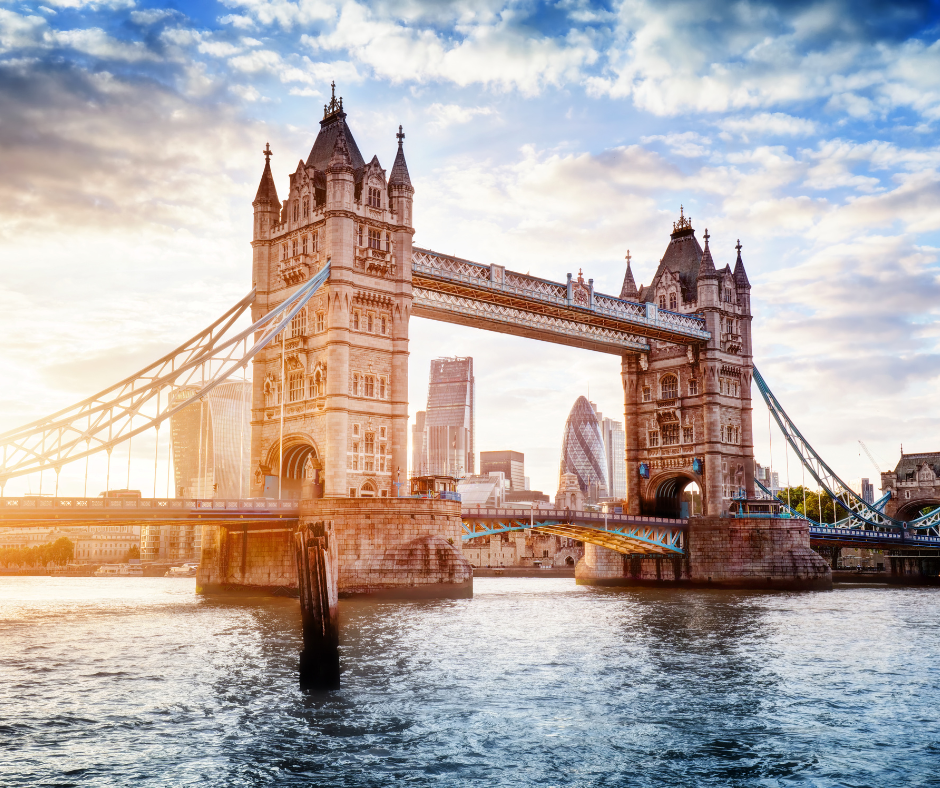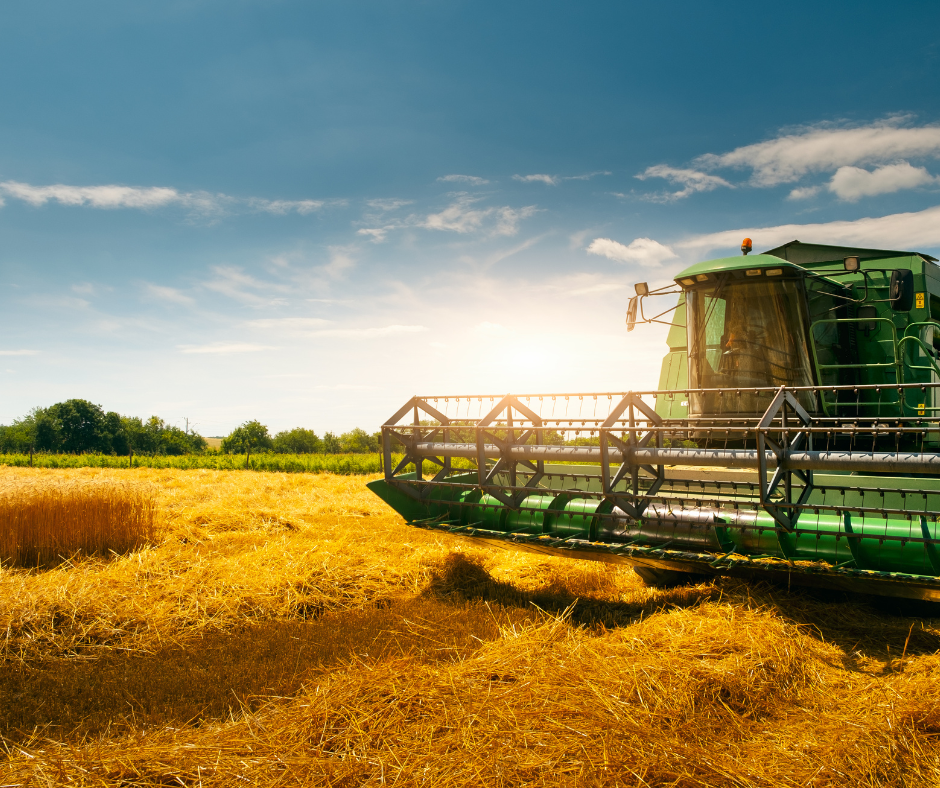Safety body slams PPE write off as ‘shameful’
 The world voice for occupational safety and health professionals has labelled the former UK government’s failed £1.4bn pandemic deal on personal protective equipment (PPE) as “shameful”.
The world voice for occupational safety and health professionals has labelled the former UK government’s failed £1.4bn pandemic deal on personal protective equipment (PPE) as “shameful”.
Criticism from the Institution of Occupational Safety and Health (IOSH) follows a BBC investigation which revealed the shocking numbers of aprons, masks and goggles which were due to be disposed of, despite them being fully compliant. In response, the biggest supplier of the PPE has claimed the products may have been spoiled because they were left in shipping containers after delivery.
Fresh from attending the International Labour Organization’s (ILO) International Labour Conference, where a new global standard governing biological hazards at work came under discussion, UK-based IOSH is critical of the fact that 1.57 billion items of PPE provided by NHS supplier Full Support Healthcare will never be used, despite being manufactured to the proper standard.
Read more on the HSM website.
Human factors: HSE issues major accident warning to offshore firms
 Britain’s offshore oil and gas installations are held to high regulatory standards, but human error can still lead to a major incident.
Britain’s offshore oil and gas installations are held to high regulatory standards, but human error can still lead to a major incident.
That’s the message from the Health and Safety Executive (HSE), who are urging offshore companies to take a closer look at what’s widely known in the sector as human factors.
HSE inspects human factors on offshore installations, with a particular focus on safety critical tasks.
Safety critical tasks have the potential to initiate or escalate a major accident on an installation.
HSE recently issued oil firm Apache with an enforcement notice after inspectors formed the opinion that the company failed to fully consider human factors as part of its plans to prevent a fire and explosion on its Forties Delta platform in the North Sea.
Mary Marshall, a principal specialist inspector at HSE, says it is necessary offshore firms like Apache identify safety critical tasks carried out on their offshore installations.
Learn more on the HSE website.
Revisiting the London Olympics 2012 – a gold medal for safety
 As the Olympics begin in Paris we look back at an article from 2012 celebrating the team who delivered one of the safest games ever.
As the Olympics begin in Paris we look back at an article from 2012 celebrating the team who delivered one of the safest games ever.
Over 16 days, over 10,000 athletes will run, jump, grapple and shoot; some will swim, ride and even dance in pursuit of medals, all watched by approximately 326,000 spectators. But creating the infrastructure for what is essentially the biggest show on earth is a mammoth undertaking of substantial proportions. Doing it all safely to a strict immovable deadline certainly deserves a place on the podium.
So as the eyes of the world focus on the French capital we re-shine the spotlight on some of the key professionals who achieved a gold medal for health and safety, who, in their own words explain what impact the experience had.
Read the original article on the SHP website.
Power company urges farmers to stay safe this harvest
 As farmers start their harvesting, a leading power company has urged them to take care with farm machinery near overhead cables.
As farmers start their harvesting, a leading power company has urged them to take care with farm machinery near overhead cables.
Agriculture and road haulage accounted for 25% of all contact with overhead cables and poles last year. The call from electricity firm UK Power Networks is backed by Suffolk farmer Andrew Francis, who says, “The most important thing is that everybody that comes to work safely in the morning should go home safely at the end of the day as well. We do work in a high pressurised system at times of the year when there’s a lot on and we’re under weather window pressures.
But it’s really important that we don’t forget the safety angle and that that’s at the forefront of our thoughts.”
Visit the HSM website to learn more.
To keep up to date with the latest health & safety news and advice, follow us on social media:
